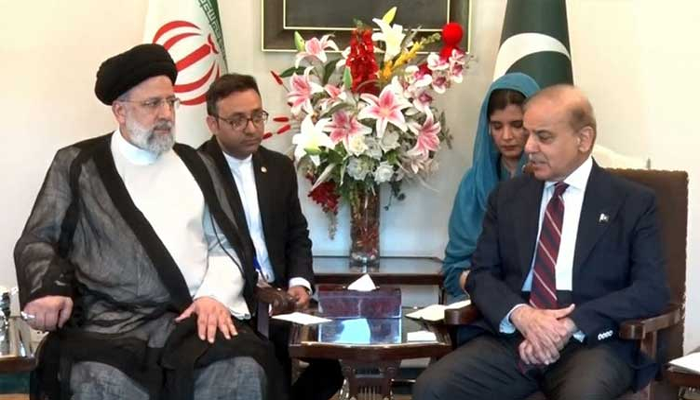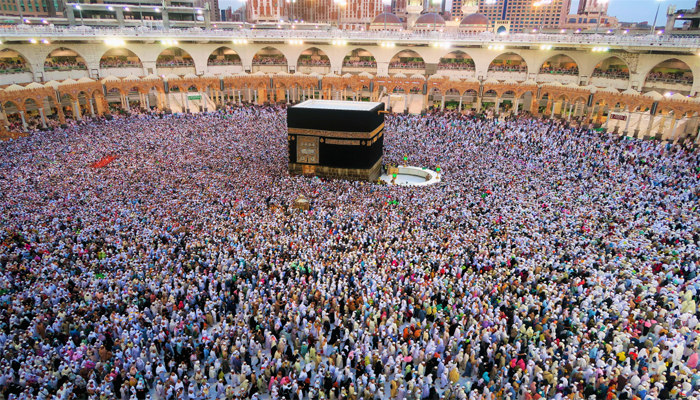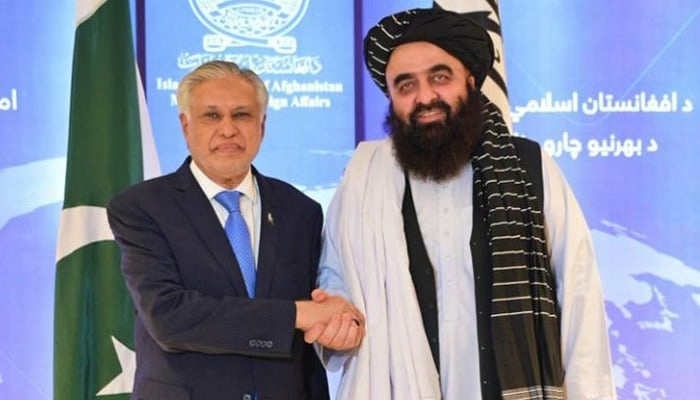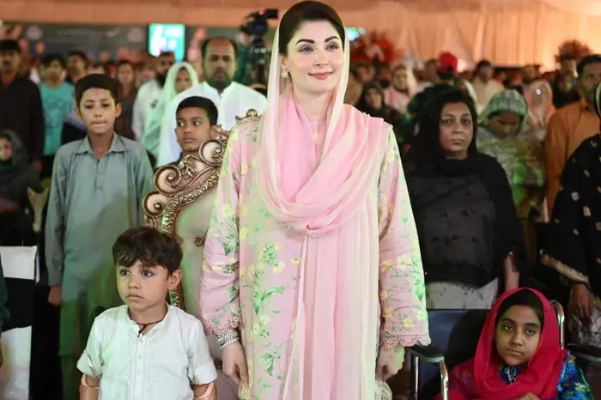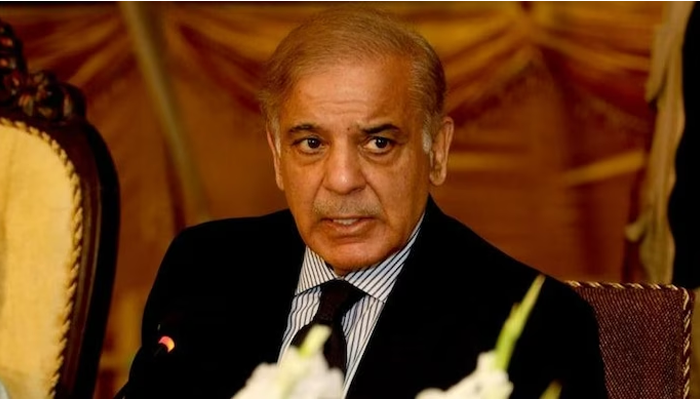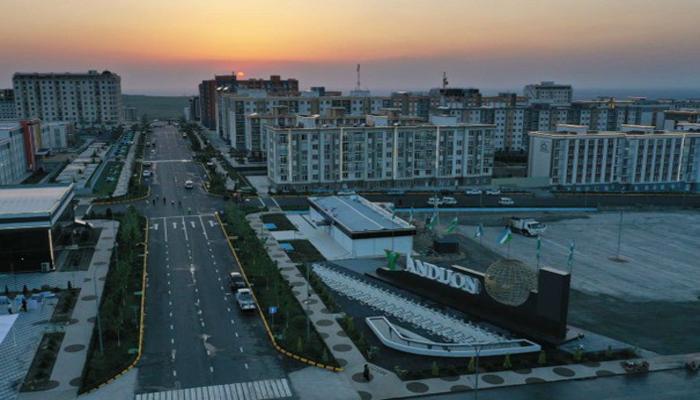ISLAMABAD: Pakistan and Iran have reached an agreement to swiftly finalize the Free Trade Agreement (FTA) and aim to boost bilateral trade to USD 10 billion over the next five years through collaborative economic ventures.
In a joint statement released here, both nations expressed their commitment to transitioning their shared border from being merely a 'border of peace' to a 'border of prosperity' by embarking on joint development-oriented economic initiatives. These initiatives include establishing joint border markets, economic free zones, and opening new border crossings.
Discussions on bilateral ties and cooperation took place during delegation-level talks between Prime Minister Shehbaz Sharif and Iran's President Dr. Seyed Ebrahim Raisi, who was on an official visit to Pakistan from April 22-24. President Raisi was accompanied by a high-level delegation including Foreign Minister Amir Abdollahian and other cabinet members and senior officials.
Both nations emphasized the importance of energy cooperation, particularly in areas such as electricity trade, power transmission lines, and the Iran-Pakistan Gas Pipeline Project. They also stressed the necessity of forging a long-term, sustainable economic partnership and fostering regional economic and connectivity models for the socio-economic development of both countries' border provinces.
The comprehensive discussions covered various aspects of Pakistan-Iran bilateral relations, regional and global issues, resulting in the signing of multiple agreements.
Pakistan and Iran reiterated their commitment to enhancing fraternal relations by promoting academic, cultural, and tourism activities, with a specific focus on increasing tourism to historical and religious sites.
Both leaders underscored the significance of regular cooperation and exchange of views among political, military, and security officials to combat shared threats such as terrorism, narcotics smuggling, and human trafficking.
To expedite the finalization of the FTA, both sides agreed to convene the next sessions of Annual Bilateral Political Consultations (BPC) and Joint Business Trade Committee (JBTC), along with the 22nd round of negotiations of the Joint Economic Commission (JEC).
They also pledged to facilitate the regular exchange of economic and technical experts and delegations from chambers of commerce to intensify economic cooperation.
Additionally, they agreed to designate the 'Reemdan border point' as an international border crossing point under the Transports Internationaux Routiers (TIR) and to open the remaining two border sustenance markets.
Both nations expressed satisfaction with the regular shipment of goods under the TIR Convention and vowed to fully operationalize the Convention to facilitate efficient and barrier-free trade.
As members of the Belt and Road Initiative (BRI) and Economic Cooperation Organization (ECO), Pakistan and Iran committed to enhancing cooperation in connectivity, infrastructure development, and energy sectors, including expanding linkages between Gwadar and Chahbahar ports.
The joint statement also condemned terrorism in all its forms and manifestations and emphasized the need for peaceful dispute resolution through dialogue and diplomacy, particularly regarding the Kashmir issue.
Both countries denounced the Israeli regime's aggression against the Palestinian people and called for an immediate ceasefire and unimpeded humanitarian access to Gaza.
Furthermore, they expressed their commitment to developing Afghanistan as a peaceful, sovereign, and independent state, free from the threats of terrorism and drug trafficking, and reaffirmed their willingness to cooperate on counter-terrorism and security.
President Raisi's visit included meetings with President Asif Ali Zardari, Senate Chairman Yusuf Raza Gilani, and National Assembly Speaker Sardar Ayaz Sadiq. Both sides agreed to release each other's prisoners and take measures for their extradition based on bilateral agreements.
The joint statement also highlighted the condemnation of the attack on the Consular Section of the Iranian Embassy in Damascus and called for the prevention of the Israeli regime's adventurism in the region.
Lastly, Pakistan and Iran condemned rising incidents of Islamophobia and welcomed the adoption of UN General Assembly Resolution 78/264 to combat Islamophobia, calling for the appointment of a United Nations Special Envoy for this purpose.
Overall, the visit underscored the commitment of both nations to strengthen bilateral relations and enhance cooperation across various sectors for mutual benefit and regional stability.

